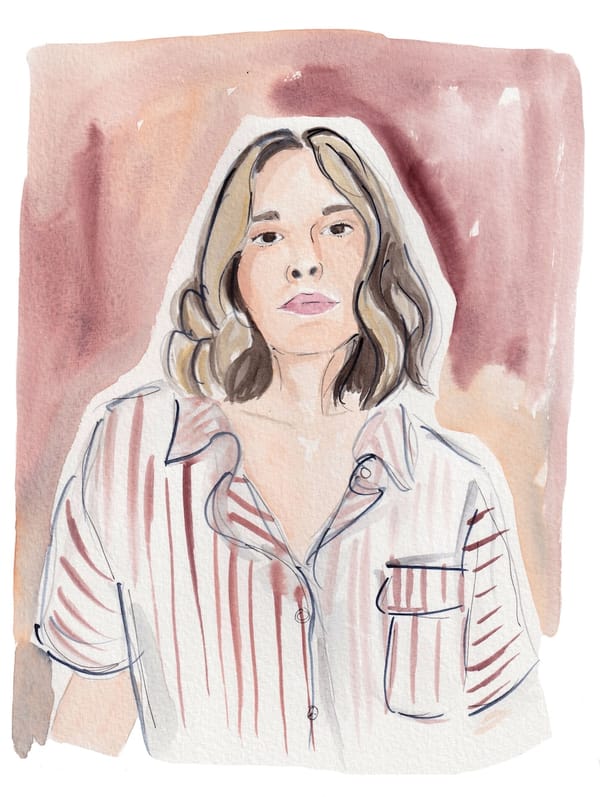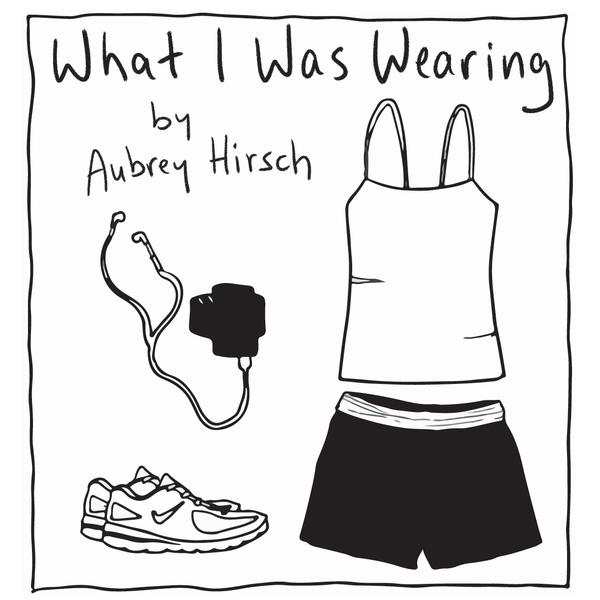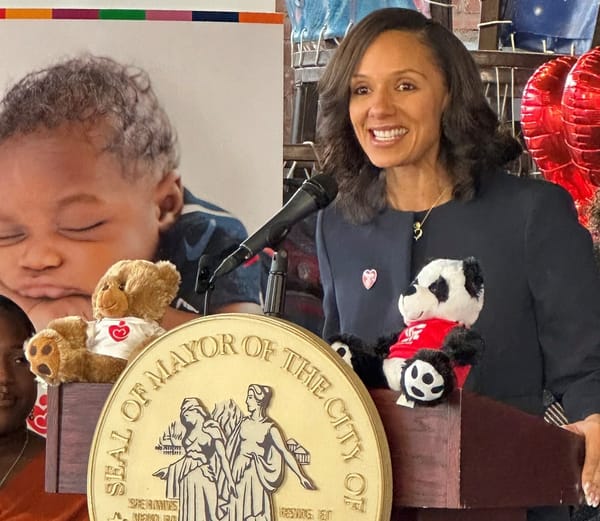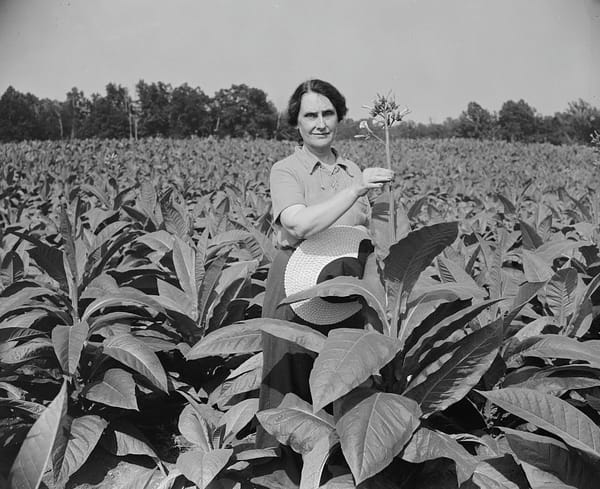So Long, Jilly Cooper. It’s Been a Scream.
The author Jilly Cooper has died at 88. Her 18 novels and memoirs give us glorious insight into a bygone era.
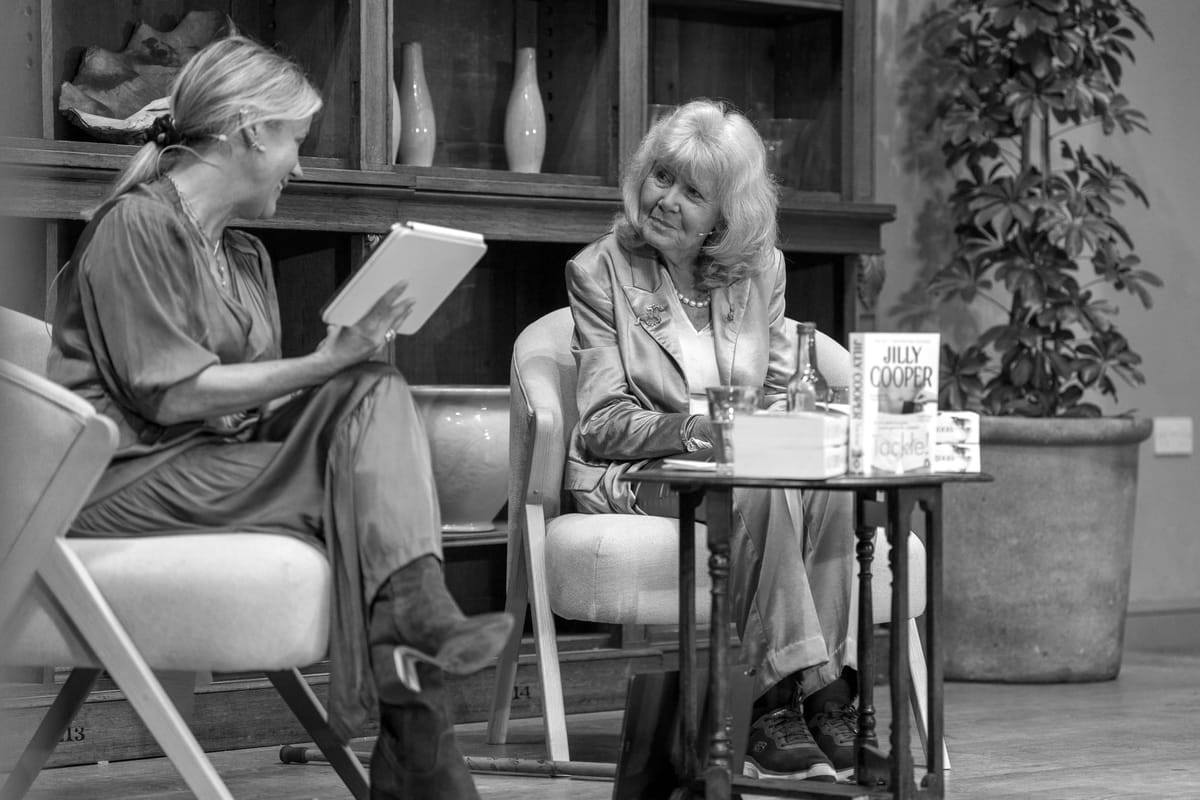
My Jilly Cooper era began in my mid-20s, after I read a glorious interview with her by the journalist Caitlin Moran. In the piece, Cooper, a British author known for her steamy romance novels, nicknamed “bonkbusters” by the English press, welcomes Moran into her home in the Cotswolds with a bottle of Champagne. The two proceed to get steadily “tight” (drunk) to the point that Moran misses her train home, and Cooper howls, “Oh, do stay. We need more gossip!” The get-together sounded utterly, utterly wonderful. I was devastated not to have been invited.
Over the next few years, on the commute between my basement apartment in Notting Hill and my office in the outer reaches of London, I devoured all of Cooper’s books. I’m sorry to say I hid them on my Kindle—but then again, I imagine that’s how most people read her: disguised illicitly behind newspapers or masked by the dust jackets of much loftier titles. It’s how her books were meant to be read. Why else would her most famous book cover have featured a photograph of a shapely, jodhpured behind with a large, masculine hand resting on it? It takes guts to take that out on public transport.
Best known for her novels
Dame Jilly Cooper, who died at the age of 88, made her name with a column in the Sunday Times in the 1970s, which she was given after she entertained the paper’s publisher at a dinner party with stories of her life as a young wife. Before that, she had published a book, called “How To Stay Married.” (Though 50 years later she said she “nearly died of horror when I re-read it. What a smug, opinionated little know-it-all I was!”)
“Oh, do stay. We need more gossip!”
But she was best known for her novels. By the time she died she had written 18 of them, the last of which—“Tackle!”—was released just two years ago. “Rivals,” the second book of her most famous series, the Rutshire Chronicles, was adapted last year into a Disney series (streamed on Hulu in the U.S.) in which a cast including David Tennant, Emily Atack, Danny Dyer and Katherine Parkinson brought to life the unabashed joy of the world she created.
In that world, women “scream” with laughter, men are bastards and rakes; most characters live in a chocolate box cottage (or a manor house) and everyone loves bonking. Men cheat and women scheme and pets (especially horses) are more adored than all the humans combined. People are terrific snobs, or they are saintly and kind, and nothing in between. “Newly washed hair” is the hallmark of the first date. And let it never be said that Cooper was low-brow: Her characters perform in orchestras and operas, they write literary biographies, they can quote Browning or Byron whenever the mood strikes.
A product of her time
She was a product of her era. There’s an uncomfortable scene in “Riders,” the first of the Rutshire Chronicles books, in which Rupert Campbell-Black, her dashing yet dastardly protagonist, attempts, non-consensually, to teach a “frigid” character about the pleasures of sex. (That scene is, one might presume, why Disney decided to start its series with the second novel.) Women are almost always on diets, or being judged for their weight; they’re either “ravishing” or a sad “frump” for whom everyone feels sorry. There are questionable inter-generational relationships, and everyone smokes like chimneys and drinks gallons of Champagne.
But Cooper’s books were as much about class as they were about sex. Although her affection for the English upper classes was clear, she could also throw their snobbishness into stark relief. Rupert Campbell-Black might be the most handsome man in the world, but he is also culturally uneducated. In “Rivals,” Freddie Jones, played brilliantly by Dyer in the television adaptation, is derided by many of the characters because he and his wife are “new money”—the wrong sort of rich.
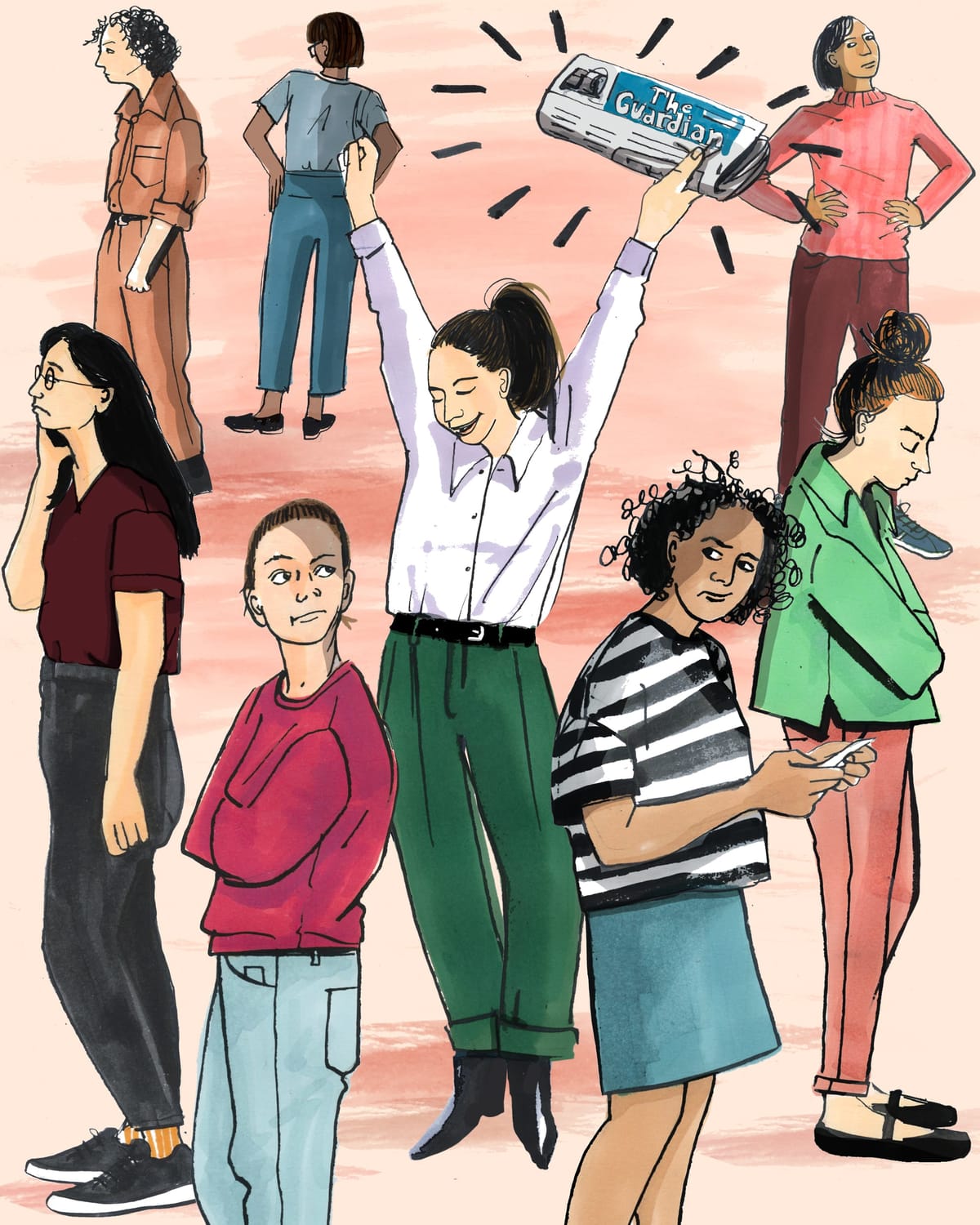
The world around her
Her books were also about the world around her. In that Sunday Times interview, Moran posits a theory that Cooper’s first novel “must have been the result of a blazing hot affair…“Riders” is a book written by someone ablaze with desire,” she writes. But Cooper disappoints her. “I just fell in love with the countryside,” she says. “That was what made me come alive. I was having an affair with the whole of the Cotswolds.”
And that was her secret. Puns aplenty, yes—and plenty of blazing (fictional) affairs. But also a very obvious fondness for the world around her, with its meadows (good for bonking), woods (great for bonking) and tennis courts (“Cock fault! You must be at least ten inches over the line!”).
The personal part
In the mid-2010s, she was one of the few people who had written openly about infertility, documenting her experiences of recurrent miscarriage and the subsequent adoption of her two children, Felix and Emily. That was reflected in her novels when Campbell-Black and his “saintly” (and much younger) wife Taggie adopt two children after a miscarriage. For me, going through my own infertility issues, it made me feel less alone.
In 2019 she said that infertility had been one of the worst things she survived in her marriage (which was also beset by at least one infidelity): “There’s something tragic yet ridiculous about those abortive threshings night after night.” At that time I, at the peak of my “abortive threshings” phase, took solace in this. Cooper became a symbol of life after infertility.
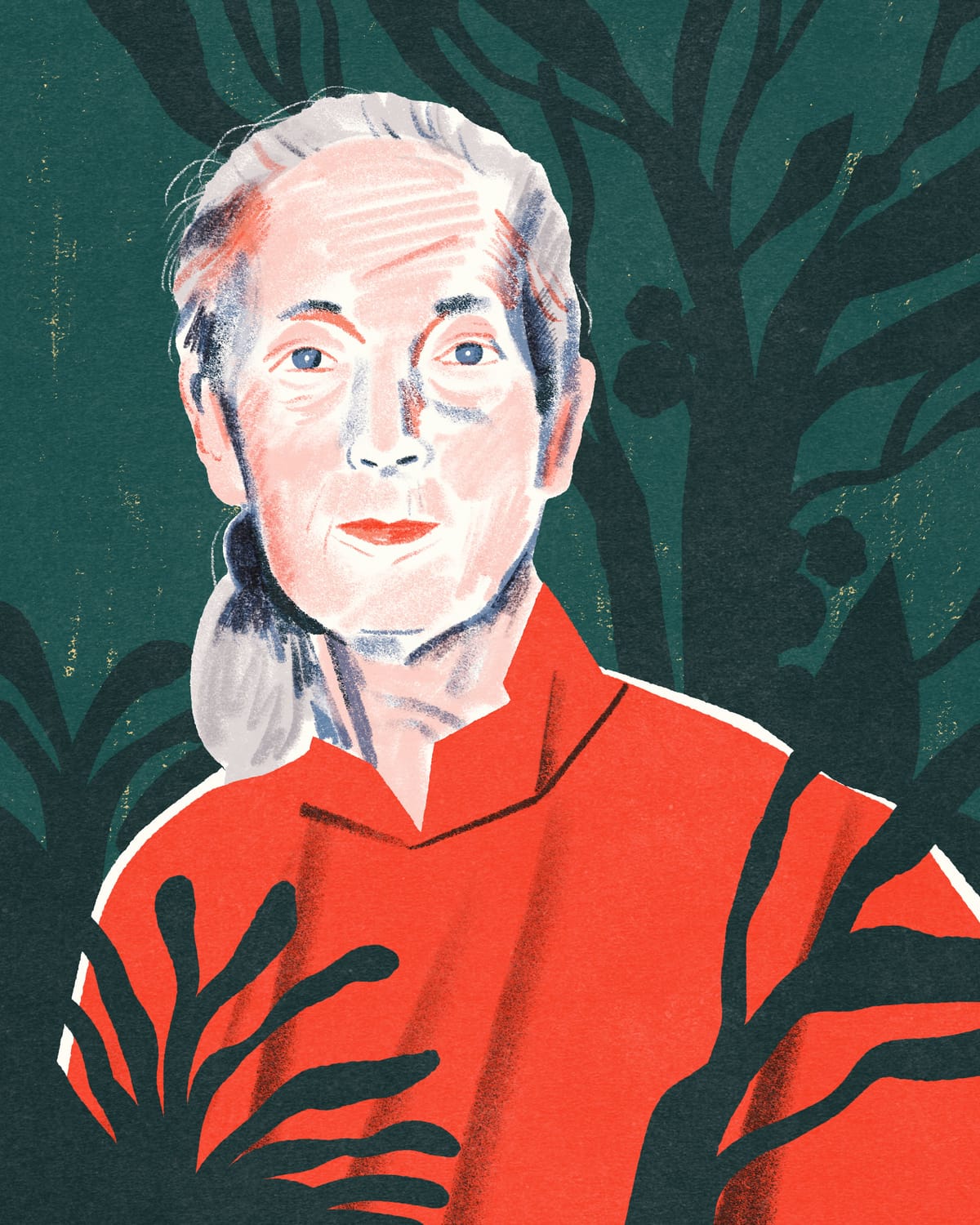
End of an era
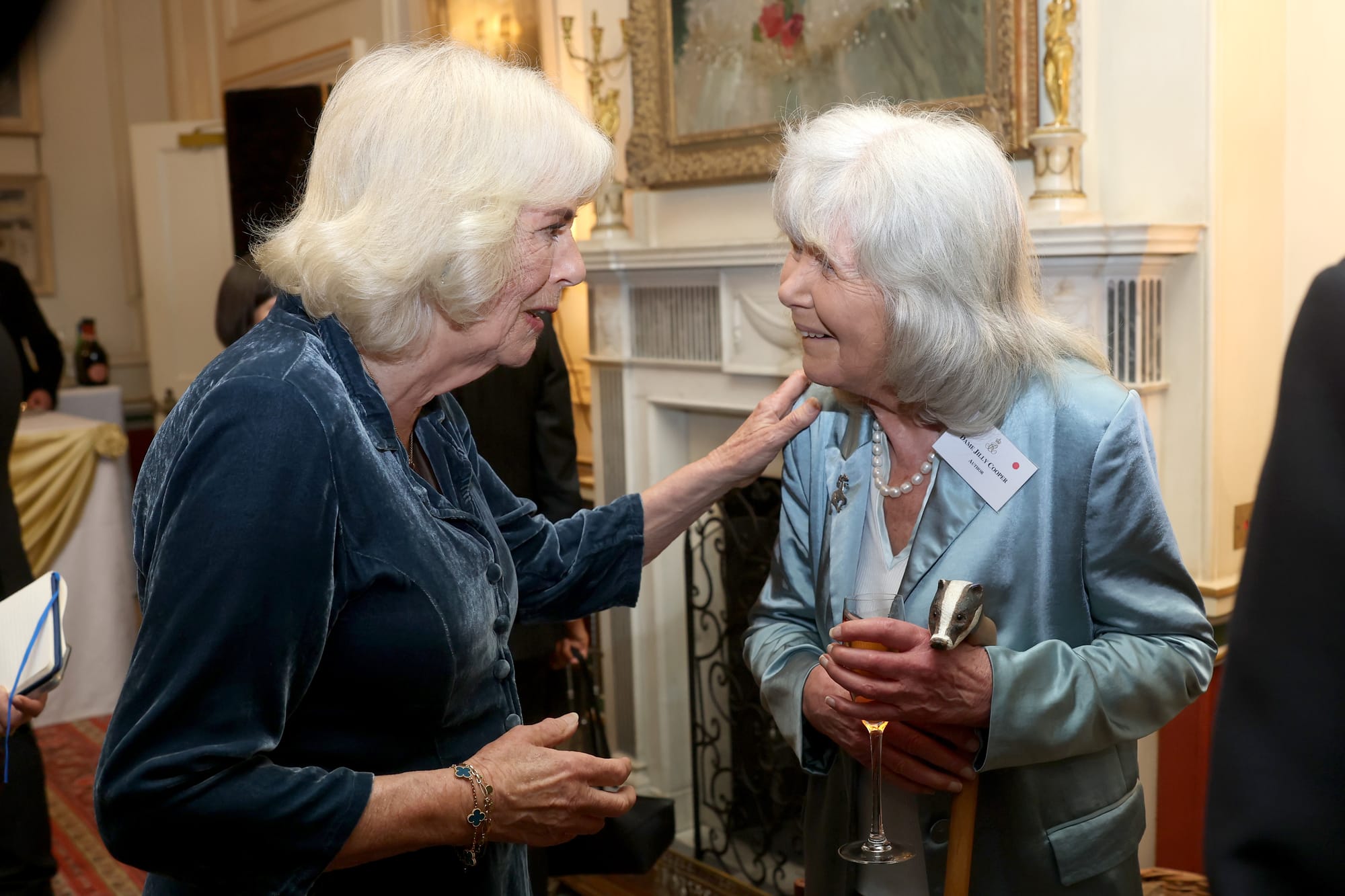
Cooper’s death marks the end of a brighter, bouncier, more voluminous era. She took delight in creating characters that were everything the social media era pronounced wrong. As one reviewer wrote after the release of “Rivals” (the TV show) last year, she gave you “permission to laugh at the snobbish, the silly and the filthy—and also, of course, openly to admire Rupert Campbell-Black’s bum.” In an era of division and of increased puritanism on both sides of the political divide, Cooper’s world, with its pneumatic breasts and peachy bums and sheer, gleeful silliness, will be missed.
Among the hundreds of tributes flooding in, it was perhaps Queen Camilla who put it most aptly: Cooper was a “wonderfully witty and compassionate friend," she said. “May her hereafter be filled with impossibly handsome men and devoted dogs.”




